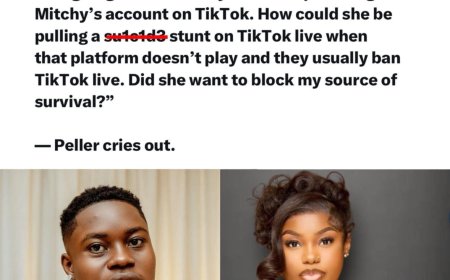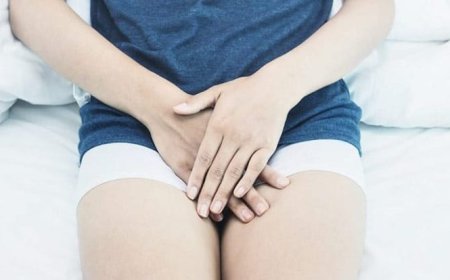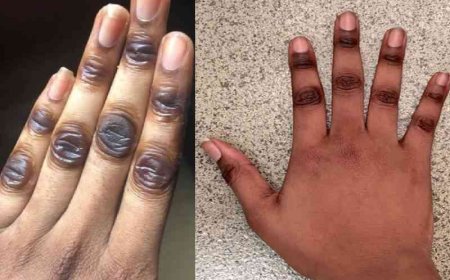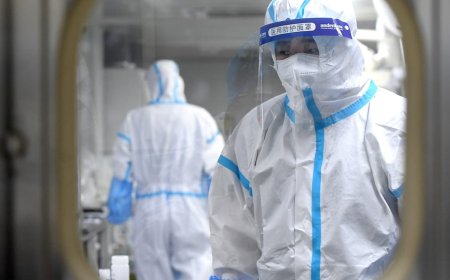How to Get Rid of External Genital Warts
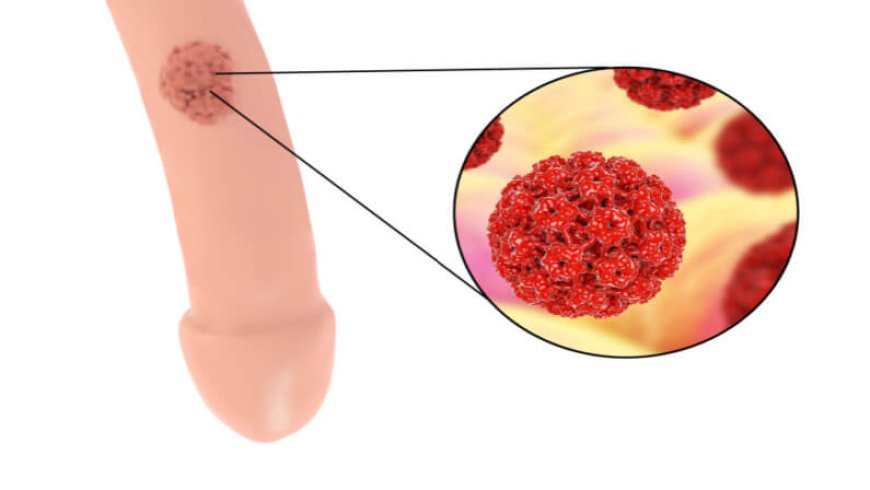
External genital warts are caused by the human papillomavirus (HPV) and can be uncomfortable and distressing.
1. *Consult a Healthcare Professional*
- Before starting any treatment, it’s essential to consult a healthcare provider for a proper diagnosis and treatment plan. They can confirm that the lesions are indeed genital warts and not another condition.
2. *Topical Treatments*
- *Prescription Medications*: Your doctor may prescribe topical treatments such as:
- *Imiquimod (Aldara)*: This cream boosts your immune system to fight the virus.
- *Podophyllin and Podofilox (Condylox)*: These solutions can help remove warts by destroying the wart tissue.
- *Trichloroacetic Acid (TCA)*: A stronger chemical that your doctor can apply to remove warts.
3. *Cryotherapy*
- This treatment involves freezing the warts with liquid nitrogen. It’s often performed in a healthcare setting and may require multiple sessions.
4. *Electrosurgery*
- This technique uses electrical currents to burn off the warts. It’s typically done under local anesthesia and may be effective for larger warts.
5. *Laser Treatment*
- For extensive or stubborn warts, laser treatment may be used. This method is effective but may be more costly and require specialized facilities.
6. *Surgical Removal*
- In some cases, warts may need to be surgically removed, especially if they are large or causing significant discomfort.
7. *Home Remedies (Consult First)*
- While not scientifically proven, some individuals explore home remedies. Always consult a healthcare professional before trying these:
- *Apple Cider Vinegar*: Some people apply diluted apple cider vinegar to the warts, but this can cause irritation.
- *Tea Tree Oil*: Known for its antiviral properties, it may help, but should be used cautiously due to potential skin irritation.
8. *Preventing Recurrence*
- *HPV Vaccine*: Getting vaccinated against HPV can prevent new infections and reduce the risk of future warts.
- *Safe Practices*: Using condoms can reduce the risk of transmission, although they don’t provide complete protection since warts can be present in areas not covered by a condom.
9. *Regular Follow-ups*
- After treatment, regular check-ups are essential to monitor for any recurrence of warts.
What's Your Reaction?

















